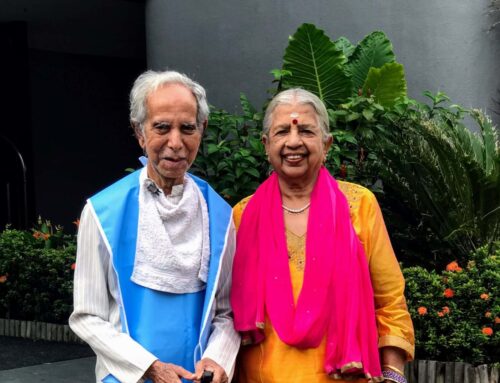Opinion
Comment
If the world’s got talent, how come all of us aren’t famous?
Shoba Narayan
February 4, 2014 Updated: February 4, 2014 18:51:00
The whole world, it seems, has got “talent” – or at least they have, if the slew of TV shows that use the word in their title are to be believed. But how do you acquire it, or are you born with talent?
There are books and essays by Malcolm Gladwell, among others, that talk about the “10,000 hour rule”, and suggest you can be talented if you practise any particular discipline for more than 10,000 hours.
Want to be like Rafael Nadal? Hit the ball for hour upon hour, but like most such theories, this doesn’t stand up to scrutiny.
Meg Wolitzer wrote an essay in the Financial Times recently about talent and success. Her thesis was that in the internet age, when everyone who has access to a keyboard can have Andy Warhol’s “15 minutes of fame”, differentiating between talent and success becomes much harder. Not all talented people achieve success – witness the experiment when Joshua Bell, the prodigiously talented violinist, busked at a Washington Metro station and was ignored by commuters.
How then can we properly recognise talent?
Talent may be nebulous but it is identifiable. Like star quality, most people know it when they see it.
The word originated in ancient Greece where “talanton” was used to denote a pair of weighing scales. In Latin, talanta meant inclination, will and desire. Today, we use “talent” to denote a special predisposition towards a particular activity.
Talent comes from inclination, will and desire to be sure, but it requires honing as well.
These are necessary but not sufficient conditions. Talented musicians, for instance, will spend countless hours honing their craft. But they will also practise in a special fashion, called “deliberate learning”, to signify how they focus on areas that require improvement.
Talent requires an eye that is gifted enough to spot errors and the imagination to know how to improve in ways that are not obvious to the less talented practitioners.
Talented writers, for instance, know how to construct sentences in ways that lesser writers cannot.
Khaled Hosseini, the author of the international bestseller The Kite Runner, has said in interviews that writing well requires the powers of observation. I’ve thought about this a lot. I’ve tried practising it and it isn’t as easy as it sounds. Most of the time, I am not even “present” enough to observe. My mind is preoccupied with things I need to do. So the first thing I do is force myself to be in the present – to stay still and observe. The second step has to do with what you see and how you remember it.
When you enter someone’s home, what do you notice? Writers notice details: the colour of the room to be sure, but also its texture, smell, the type of door knobs, the grain of the wood, the metal artefacts that are displayed. This eye for detail can be cultivated; the ability to remember specifics can be practised.
What requires talent, however, is a way of seeing that allows leaps of imagination. The best writers are able to spot the congruity or incongruity of any situation and make tenuous but imaginative connections. And that takes talent.
Shoba Narayan is the author of Return to India: a memoir



Leave A Comment